The Week in Review: September 21-25
The highlights of the week in Romania

România Internațional, 26.09.2015, 14:10
EU leaders meet in Brussels to address the refugee crisis
The refugee crisis, the worst since the end of the Second World War, was top on the agenda of the emergency meetings of the Justice and Home Affairs Council and of the heads of state and government held on Tuesday and Wednesday in Brussels. EU Interior Ministers adopted by a large majority the European Commissions plan to relocate 120,000 immigrants to the 28 Member States. Romania, Hungary, Slovakia and the Czech Republic voted against, while Finland abstained. Poland voted in favour, although it had previously expressed its disagreement with the mandatory quotas. Under the new plan, Romania must take in an additional 2,475 refugees, on top of the original set target of 1,785 which Romania committed to accommodate under the voluntary quota scheme agreed by the European Council in June. This week the leaders of EU states, including president Klaus Iohannis, agreed to disburse an additional 1 billion euros to the UN agencies supporting the refugees in Syrias neighbour countries – Turkey, Jordan and the Lebanon.
Klaus Iohannis: “It is obvious that if we want to manage the migration phenomenon effectively we must first go to its root causes, that is the crisis areas, such as Syria, and do our best to put an end to the conflict and restore peace to those areas.
The president went on to say that Romania would earmark 300,000 euros to refugees fleeing conflict areas in the coming three years under the World Food Programme. EU leaders also decided, among other things to consolidate the Unions external border, which they see as a priority for all Member States. Another decision taken by the European leaders is that the so-called hotspots, the EU-run reception centres in frontline member states such as Italy and Greece, where asylum applications are processed, would become operational by the end of November. In Romania, Deputy Prime Minister for National Security and Interior Minister Gabriel Oprea will take charge of coordinating the reception of refugees.
No-confidence motion filed in Parliament against Victor Pontas Cabinet
On Wednesday a no-confidence motion was filed by the opposition against the Government led by the Social-Democrat Victor Ponta. The Liberals say the Prime Ministers indictment for forgery, accessory to tax evasion and money laundering risks affecting the image of Romania, and hence the Prime Minister must step down. Some 180 MPs have signed the motion, of which 176 are Liberals and four represent the group of independent MPs or deputies of the National Group of Democrats. In order to pass, the motion needs at least 276 votes. Parliament is scheduled to vote the no-confidence motion next Tuesday.
Joint session of the Governments of Romania and the Republic of Moldova
Romanian Prime Minister Victor Ponta and his Moldovan counterpart Valeriu Strelet met on Tuesday in the eastern city of Neptun during a new joint session of the two countrys Governments. Victor Ponta said Romania planned to give Moldova some 150 million euros in a refundable loan over the next five years, as well as non-reimbursable financial assistance for its future projects. The Romanian official also said that the inter-connection of the two countries power and natural gas grids represents a strategic effort, which must be continued so that the Republic of Moldova might achieve energy self-sufficiency. The two officials also discussed the possibility of carrying on projects in other fields, such as transport, environment, healthcare and education.
Romanias President Klaus Iohannis on a visit to USA
Romanian president Klaus Iohannis is paying an official visit to the United States until September 29. The President met in New York with American investors, whom he invited to do business in Romania, a country with a good potential of becoming a key player in the regional energy market. Iohannis pointed out that although the security issue is underlying the Strategic Partnership between Romania and the United States, the economic dimension of bilateral relations has the potential of becoming a landmark of cooperation as well. According to the president, in the last five years two-way trade nearly doubled, standing at 2 billion dollars in 2014. We hope this upward trend will continue, so that the United States should become one of Romanias leading investors, Klaus Iohannis said. Apart from the capital market or the energy sector, the president mentioned other fields of Romanian economy with a good investment potential, such as transport, the car-making industry, telecommunications and IT, medial services or agriculture. The presidents agenda over the coming days includes his participation in the 70th session of the UN General Assembly in New York and in the Summit on countering the Islamic State terrorist group. In Washington, Klaus Iohannis will meet with US Vice-president Joe Biden to discuss the prospect of consolidating the Strategic Partnership between the two states.




























